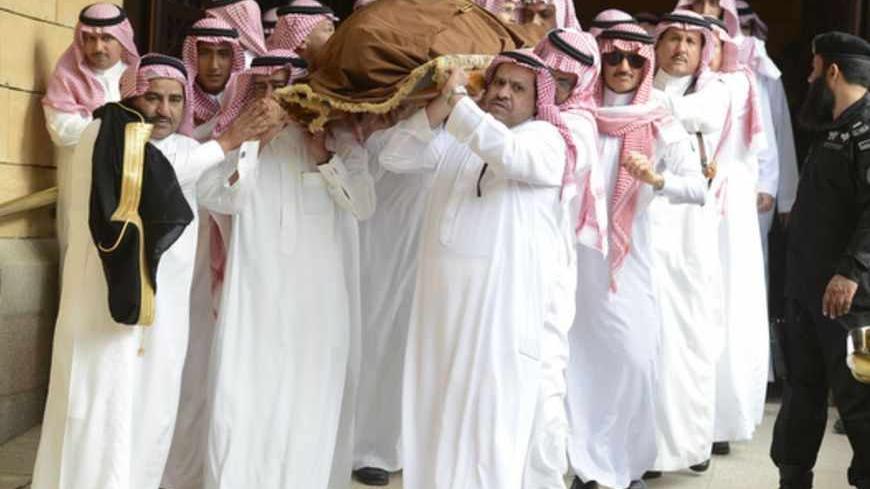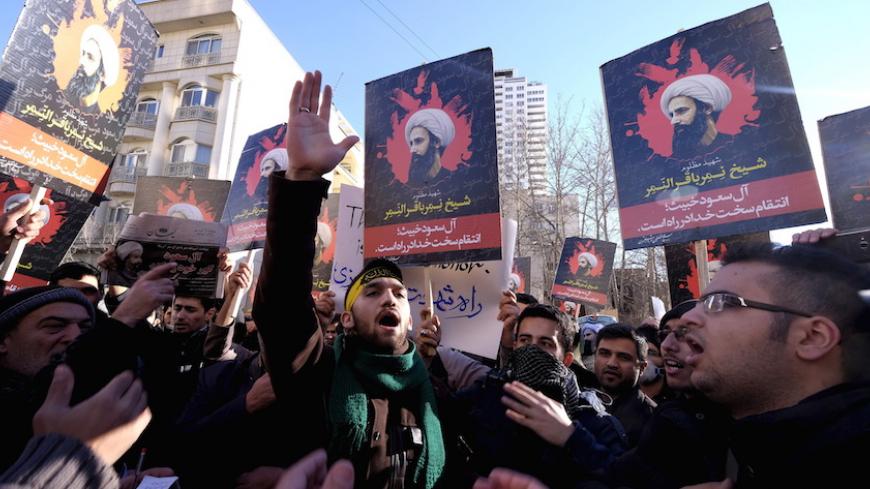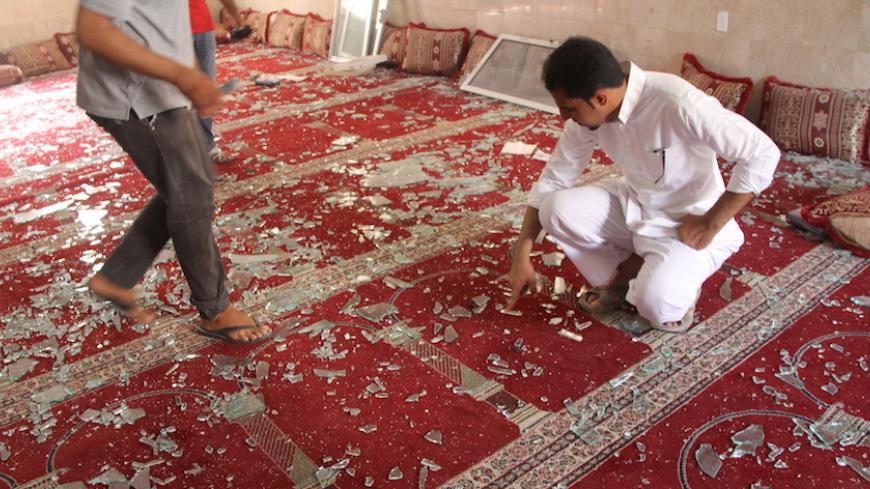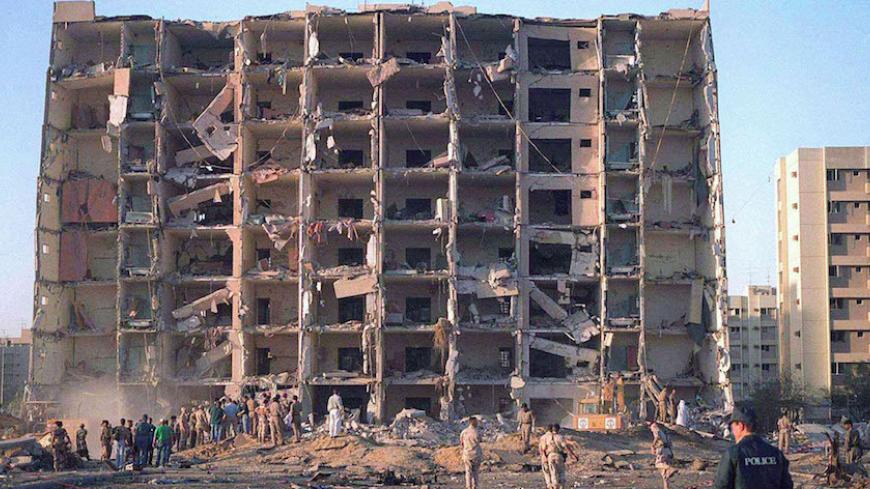Iran Seeks to Exploit Grievances Of Saudi Arabian Shiites
Bruce Riedel of the Brookings Institution explains Iran’s role in exploiting legitimate grievances among Saudi Shiites to promote terrorism and instability in Saudi Arabia.

Saudi Arabia is facing a growing internal threat from its minority Shia community with help from Iran. The royals have put their best man in charge of the fight, Prince Muhammad bin Nayef, who has been at the center of fighting al-Qaeda’s challenge to the kingdom for years.
The Shia community in Saudi Arabia is diverse and complex. The largest Shia population is in the Eastern Province, which borders the Persian Gulf and where most of Saudi oil is found. The Shia community there has been in a state of growing unrest since the start of the Arab awakening in 2011. As the Shias have long been discriminated against by the Saudis, there have been increasingly violent protests against the House of Saud in the Shia community’s towns and villages. Since Saudi troops crossed the King Fahd Causeway last year to suppress demonstrations in neighboring Bahrain by the Shia majority there, anger at the Saudi royal family has become even more bitter among the Shias in the Eastern Province.






